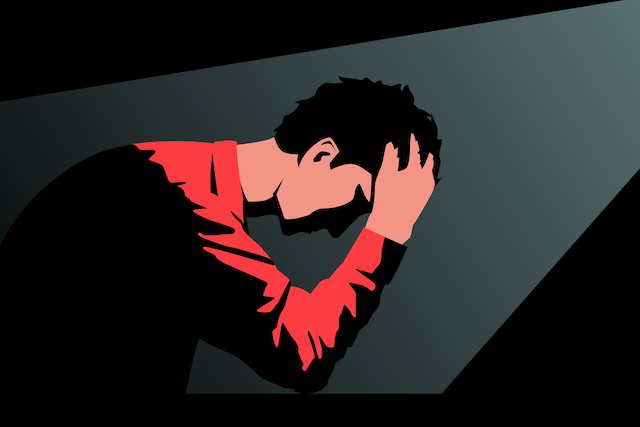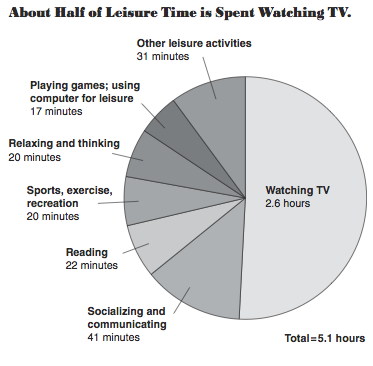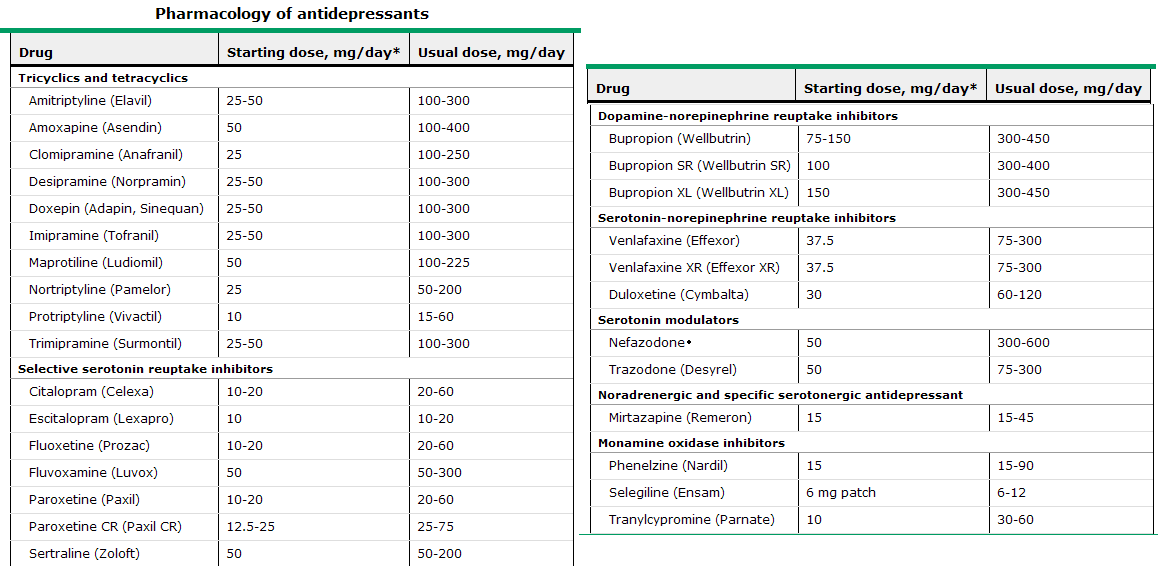How to get rid of sadness
11 Ways to Stop Feeling Sad Right Now
It can come out of nowhere, with no rhyme or reason, or it can follow a crushing breakup, the loss of someone special, or any other particularly tough time. It can slowly roll in, like the dark clouds before a storm, or it can hit you suddenly, without any warning. Whatever form it comes in, sadness is something we all experience—and yet it can still be incredibly difficult to get past.
But here's the thing: You can learn how to stop being sad. While some tried-and-true methods require you to dig deep, other ways to beat the blues are incredibly simple, like spending more time outside, watching a show that's practically guaranteed to make you laugh, and, yes, crying your eyes out. (No, spending all day on the couch, with a pint of Chunky Monkey in one hand and your favorite glass of red in the other is not a scientifically-proven technique for letting go of sadness, unfortunately.) One thing to note: If you're still feeling upset after a period of two weeks and if you notice any other symptoms—like loss of energy, trouble concentrating, or difficulty sleeping—you should reach out to a professional for help.
Ahead, psychologists and mental health experts share their top tips for how to stop feeling sad, regardless of your triggers.
First, don’t feel bad about feeling sad.When something negative happens in your life, it can seem like your world is ending. But instead of suppressing or dismissing your emotions—either by distracting yourself or keeping up a good front—you should actually embrace them. “All emotions are important to experience and have valuable information for us about our lives,” says Dr. Lori Rockmore, Psy.D. In fact, a 2017 study published in the Journal of Personality and Social Psychology concluded “individuals who accept rather than judge their mental experiences may attain better psychological health, in part because acceptance helps them experience less negative emotion in response to stressors.”
Instead of beating yourself up for feeling down, try to consider this as an opportunity to learn, grow, and find true healing, says Briana Borten, CEO of the wellness organization Dragontree.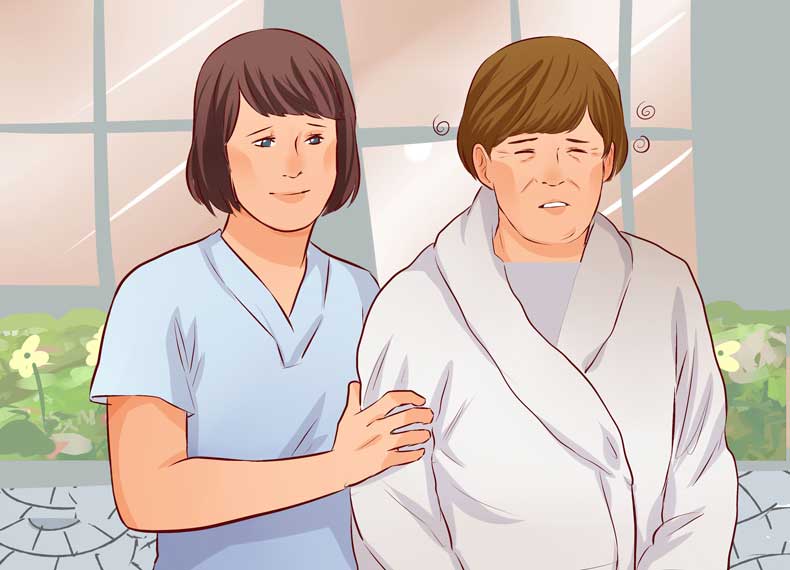
Sometimes it's easy to pinpoint the reason you feel upset―say, if you just can't get over your ex, you bombed your big work presentation, or you had a major fight with your partner. But, at other times, you may be sad for no discernible reason. When this is the case, grab a pen and a piece of paper and “write without stopping for five minutes or longer,” suggests life coach Sunny Joy McMillan. Not only may you naturally uncover what's causing your sadness, but just the act of writing may help you start to feel better, something that's backed by numerous studies. Alternatively, you could also try keeping a journal, taking a yoga class, or meditating―all of which are great ways to focus on your inner self.
Embrace your emotions.As we mentioned earlier, when you avoid sadness altogether, you’re actually doing more harm than good.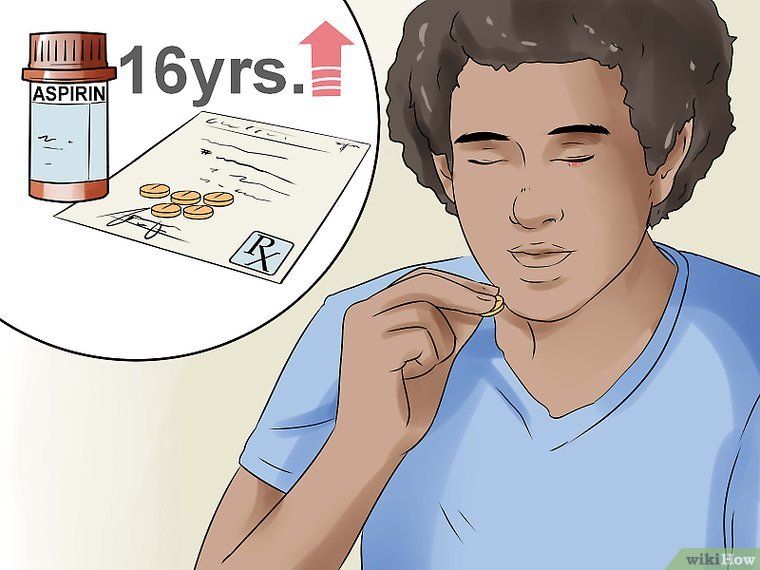 “You can’t heal what you don’t feel,” says life coach and author Nancy Levin.
“You can’t heal what you don’t feel,” says life coach and author Nancy Levin.
As uncomfortable as it may be, acknowledging and embracing your sadness is actually the first step to feeling better. "Instead of running away or eating something, drinking something, or yelling at someone, breathe it in," Tibetan Buddhist nun and author Pema Chödrön told Oprah during an episode of Super Soul Sunday. "No matter how bad it feels, you just give it more space. When you breathe in, you open to it."
To release sad emotions, don't overlook the value in a good cry.Alternatively, you could also try "crashing," which is something Levin does when she's sad. “I put on music or movies or shows that I know will help me cry and have a release,” she says. (Need some recommendations? In our experience, Sam Smith's "Stay With Me" or Coldplay's "Fix You" are both great options for a cathartic cry.)
While it may seem counter-intuitive, Levin is actually on to something. "Only humans exhibit emotional crying," says Dr. Matt Bellace, PhD, psychologist, and self-help author. And not to get too science-y but Bellace says a biochemical analysis of tears found that the droplets contain an endorphin named leucine-enkephalin, which is known to reduce pain and improve mood. Plus, according to a study published in Frontiers in Psychology, crying is associated with the activation of the parasympathetic nervous system―which stimulates a relaxation response―meaning it may have a self-soothing effect on people. Equally important: The same study found that "criers most likely report mood improvement if they receive comfort from others," so it may be helpful to let it out in front of a close friend or family member.
"Only humans exhibit emotional crying," says Dr. Matt Bellace, PhD, psychologist, and self-help author. And not to get too science-y but Bellace says a biochemical analysis of tears found that the droplets contain an endorphin named leucine-enkephalin, which is known to reduce pain and improve mood. Plus, according to a study published in Frontiers in Psychology, crying is associated with the activation of the parasympathetic nervous system―which stimulates a relaxation response―meaning it may have a self-soothing effect on people. Equally important: The same study found that "criers most likely report mood improvement if they receive comfort from others," so it may be helpful to let it out in front of a close friend or family member.
Once you’ve ugly cried until your eyes burn, it’s time to get a grip on things. It could take a few days, a few weeks, or even a few months. “Grief doesn’t live on a timeline,” says Levin. But you can’t stay in a dark hole forever. Here’s how to crawl out:
“Grief doesn’t live on a timeline,” says Levin. But you can’t stay in a dark hole forever. Here’s how to crawl out:
To ensure that you don't go from zero to 100 and back to zero again, “lay the groundwork for success by initiating action in the smallest possible increments,” suggests McMillan. Start by doing something simple (like brushing your teeth or washing your face) and then continue taking small, incremental steps (say, making coffee or putting on a clean, cozy sweatsuit). “Once you get moving you may be surprised that you feel inspired to do more,” she says.
Find what does make you happy. (And laugh).Consider this the opposite of crashing: Instead of embracing weepy, tearjerkers, pick out an uplifting read, put on some happy tunes, or watch a few feel-good films, suggests McMillan. Alternatively, you could engage in an activity or hobby you truly enjoy, whether that's volunteering, working on a challenging jigsaw puzzle, or tending to your lush gardens.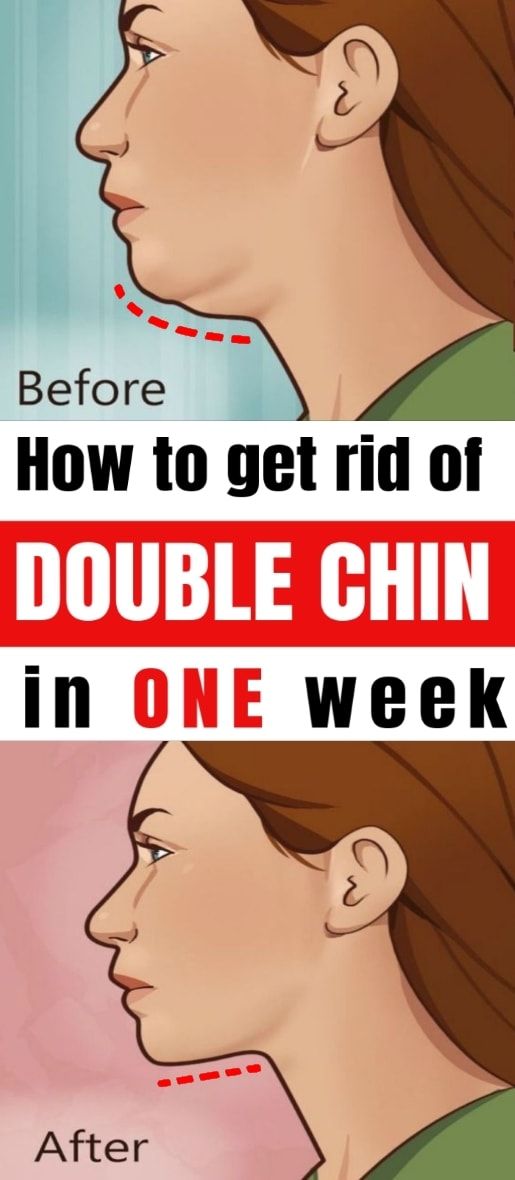
Even better? Doing something that'll make you laugh (think: listening to a comedy podcast, or even watching a cat video on YouTube). "Laughing in response to pain and sadness can be a terrific coping mechanism," says Bellace, adding, "Laughter releases endorphins similar to exercise, reduces the stress hormone cortisol, and increases dopamine (a.k.a. 'the feel-good-hormone')." Of course, the grieving process takes time, "so there is no shame in not wanting to laugh for a while," assures Bellace.
Reach out to your people―especially if you're feeling lonely.Having a support network is key, especially if you’re going through a difficult time―so consider this permission to invite your girlfriends over for even more wine and cheese (yes, a virtual happy hour, counts too).
Related Stories
- All 98 Books in Oprah’s Book Club
- These Self-Care Tips Will Transform Your Life
Need some help expanding your social circle? "Do things outside the home that include other people,” says Borten. For example, pick something that generally interests you, like a book club. “You’ll be surprised how quickly a community forms.” And while it’s great to have friends IRL, even an online community can offer kindness and accountability. Try searching Facebook for groups that may be able to offer support―for example, a bereavement/grieving support group. Or, search groups by interests (travel? cooking? even crochet!) to find like-minded people who can lift your spirits with a common passion. Just “make sure the online group is a loving place, involving people with a common goal,” says Borten.
For example, pick something that generally interests you, like a book club. “You’ll be surprised how quickly a community forms.” And while it’s great to have friends IRL, even an online community can offer kindness and accountability. Try searching Facebook for groups that may be able to offer support―for example, a bereavement/grieving support group. Or, search groups by interests (travel? cooking? even crochet!) to find like-minded people who can lift your spirits with a common passion. Just “make sure the online group is a loving place, involving people with a common goal,” says Borten.
Let’s say that after a break up, you keep telling yourself you’ll never find love again. Or, perhaps you got a not-so-glowing review from your boss at work, so now you're convinced you'll never be promoted and you might have chosen the wrong career entirely.
That's when it's time to change your narrative. Therapists call this technique cognitive restructuring and it's a process in which you identify and challenge distressing and irrational thoughts. One way to do this: Simply turn a negative thought into a positive one. For example, says McMillan, instead of telling yourself, "I’ll be alone forever," try saying "I will find love again." (Or if that’s a stretch even saying “I may find love again,” is better!) You’ll feel more peace and less sadness, and eventually you will even believe it.
Therapists call this technique cognitive restructuring and it's a process in which you identify and challenge distressing and irrational thoughts. One way to do this: Simply turn a negative thought into a positive one. For example, says McMillan, instead of telling yourself, "I’ll be alone forever," try saying "I will find love again." (Or if that’s a stretch even saying “I may find love again,” is better!) You’ll feel more peace and less sadness, and eventually you will even believe it.
Spend time in nature.
Rockmore recommends experiencing the outdoors with all five of your senses, which she calls “behavioral activation.” Pay attention to what you see, feel, hear, smell and possibly taste in nature, and it may help you out of your slump. “Getting out of hibernation and being active stimulates the nervous system and gives people the opportunity to see beauty in the world,” says Rockmore.
That's also part of the reason why spending time outside can reduce stress and decrease blood pressure, as well as increase creativity, and cognition. Don't have time for a 6-mile hike? According to a 2019 study, spending 120 minutes a week (or just over 17 minutes per day) exploring your local park or walking around your neighborhood can greatly enhance your overall sense of well-being.
Don't have time for a 6-mile hike? According to a 2019 study, spending 120 minutes a week (or just over 17 minutes per day) exploring your local park or walking around your neighborhood can greatly enhance your overall sense of well-being.
If your sadness goes beyond the blues—your sleeping patterns and eating habits change, you’re not interested in activities you used to enjoy, you have trouble concentrating or making decisions—it may mean it's more than just ennui. And while self-help books are a good tool (Rockmore recommends The Happiness Trap and Beat the Blues Before They Beat You), you may find that talking to a therapist—even if it's through an online platform—is helpful.
If you are considering self-harm, call the National Suicide Prevention Lifeline at 1-800-273-8255 or text HOME to 741-741, the Crisis Text Line.
Sara Stillman Berger
Sara is a freelance writer in New York, where she hides her favourite candy from her husband, two kids and even her golden retriever. The goldfish never asks for anything. Sara's work has appeared in The Washington Post, Women’s Health Magazine, Eating Well, shape.com, Scary Mommy, Runner’s World, Prevention, Seventeen, Martha Stewart Weddings, and Brides Magazine, among other publications.
This content is imported from OpenWeb. You may be able to find the same content in another format, or you may be able to find more information, at their web site.
How to cope with sadness and depressive feelings
What’s the difference between sadness and depression?
Sadness is characterized by a low mood or feeling down, often in response to something that was disappointing or discouraging, or caused other negative feelings. Sadness can happen on its own, but is usually relieved by the passage of time, self-care activities, or doing something you enjoy to cheer yourself up.
Depression, on the other hand, is characterized by an unusually low mood, sometimes with no real cause or trigger, for two or more weeks. Depression can also be accompanied by outbursts of anger or irritability, fatigue/lethargy, and a disinterest in activities you usually enjoy. Depression isn’t easily relieved, and can span from mild symptoms to clinically severe symptoms that need to be attended to by a doctor (such as suicidal thoughts). While it can be linked to a particular trigger at first, depression will often persist even when the triggering situation is resolved.
The main difference between experiencing sadness versus depression is that sadness is universal; depression is not. And while there are varying degrees of depression, there are things you can do to cope with sadness and depressive feelings.
Coping with sadness or mild depression
Situational sadness and mild depression can be challenging to differentiate. However, both often respond to lifestyle changes and better self-care habits. Here are some things that may help:
Here are some things that may help:
- Doing activities that engage multiple senses like:
- Watching a favorite movie/show or looking at art, a sunset, etc.
- Eating a favorite snack or candy that you see as a treat
- Listening to or making music that expresses how you feel
- Touching a favorite blanket, stuffed animal, or other textured object
- Connecting with others or talking to a friend or loved one
- Giving to others or getting involved with your community through volunteering
- Moving your body like walking or running, working out, dancing, or playing sports
- Doing things that you enjoy like playing with your pets, or creating something, like art, music, crafts, gardening, mosaics — anything that engages you and results in something you find satisfying
- Journaling with pen and paper, voice recording, or in an e-journal (journaling with paper and pen has benefits that e-journaling doesn’t have, but all forms of journaling are helpful)
- Crying – while some people resist crying, crying can be profoundly cathartic and beneficial; not only can crying be a satisfying expression of sadness, it can bring greater clarity about the cause of that sadness
- Educating yourself about mental health and wellness: JED has lots of resources to help
- Giving it time – time can sometimes be enough to alleviate sadness; being patient, allowing the feelings to arise and come out through crying, journaling, taking quiet time to be in nature or with yourself, and/or talking to others, and simply accepting where you are can make a big difference
- Checking in with your physical and emotional needs including:
- Getting enough sleep, water, and healthy food
- Ensuring you have enough leisure time compared to your time working
How to help someone who’s sad
When we’re close to someone, we’re often best suited to notice when they might be feeling more down than normal.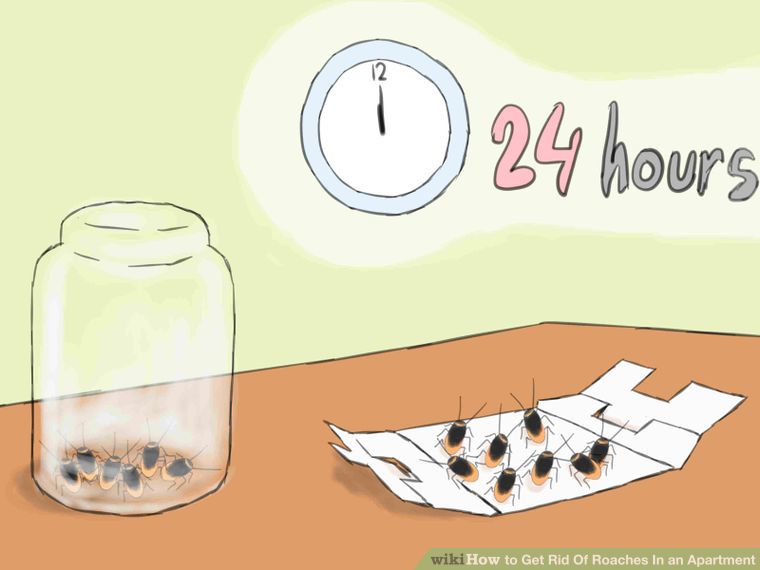 It’s important to reach out and check in. If you’re not sure where to start, these tips can help you start the conversation. Some other things you can do include:
It’s important to reach out and check in. If you’re not sure where to start, these tips can help you start the conversation. Some other things you can do include:
Avoid shaming
Feeling sad or depressed can often impact how we accomplish daily tasks and how we interact with our loved ones. This can cause negative feelings like guilt and shame that can further contribute to an already depressed mood. Avoid language that shames them for feeling sad or shames them for how their depression is affecting their life.
Be a good listener
When your loved one does share their feelings or concerns, be present and listen with an open heart and mind. The kinds of questions and comments that arise in each of us when we’re in a space of authentic openness and care can be really helpful for the person sharing with us. But, to listen and respond from an authentic place of care means you need to temporarily set aside your own worries, judgments, to-do lists, and/or anything else demanding your attention and be open to listening.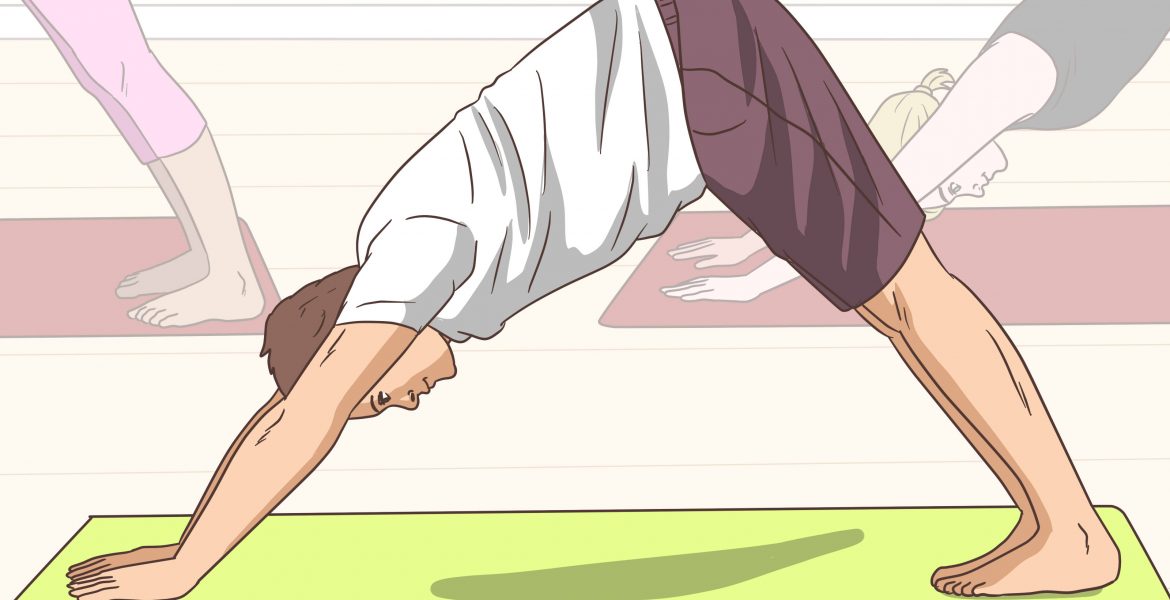
Simply showing that you care and that you can be fully present for your loved one as they share can make a big difference. And, as much as you might want to leave your loved one feeling “up” when the conversation ends, trying to fix someone’s problems or cheer them up can feel like a lot of unwanted pressure to someone feeling sad or contemplative. Lastly, sticking to simply listening, or to asking open, honest questions, is often much more helpful than dispensing wisdom or advice, unless it’s solicited or very minimal.
Ask how you can help
This is an important question to ask because different people have different needs. Something that might be really helpful to one person may have no effect or even be harmful to another. Let them tell you what they need.
If they don’t have a concrete answer, or don’t know exactly what they need help with, offer small, doable things that you’d be willing to help them with. This could include:
- Being an active, available listener the next time they’re feeling sad
- Planning a movie or game night or other fun activity
- Helping them with a small task like laundry, dishes, studying, etc.

- Offering to accompany them to a first therapy appointment, or to get coffee/lunch before or after their appointments as a reward for going
Pay attention
Notice changes in feelings, thoughts or behaviors. Sometimes, sadness stays at just that — a feeling. But sometimes it can lead to more persistent depression. If you’re concerned that your friend or loved one might be suffering from depression, refer them to a licensed professional or crisis hotline. If they need immediate help, text “START” to 741-741 or call 1-800-273-TALK (8255).
How to notice if you need help
It’s common to dismiss our own feelings or changes in behavior as “nothing” or “just a rough patch.” But how can you notice when your sadness or depressive feelings are becoming more than just temporary? Some things you should ask yourself and keep asking:
- Is your sadness getting worse?
- Is your sadness persistent, or doesn’t seem to ever go away?
- Do you get sad at a specific time of year, month, or day?
- Do you experience sudden fluctuations in mood?
- Do you ever experience feelings of euphoria, or feeling unreasonably energetic or “high,” before or after feeling depressed?
- Did you experience a big life change before you started feeling sad? This could be the loss of a loved one, a change in job, school, or living situation, etc.
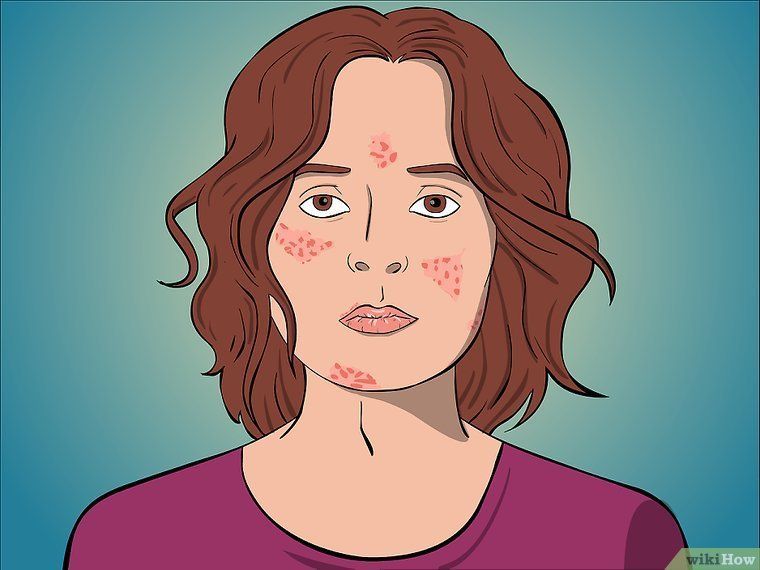
- Do you ever have thoughts of intentionally hurting yourself for any reason, such as to punish yourself or to “feel something?”
- Do you ever have thoughts about ending your life or wanting to die? Passive or active suicidal thoughts, like “I wish I were dead,” are cause for concern and should be talked about with someone you trust. If you feel actively suicidal it’s important to talk to your doctor, a therapist, or other authority (parent/caregiver, teacher etc.) immediately.
Remember, sadness is normal, but if at any point your depressive symptoms are getting in the way of how you live your life, or how you perform in work, school, or in your relationships, please see a professional for help.
Take the self-evaluator.
Are you a student? Find mental resources on your campus.
Back to landing page
Search Resource Center
Type your search term below
7 Ways to Get Rid of Sadness
7 Ways to Get Rid of Sadness
Many people often experience prolonged sadness and melancholy. And every time they ask themselves how to get rid of unpleasant sensations? There are many ways, the main thing is to find an activity that you really like.
Several ways to brighten up a difficult period and get rid of sadness:
Impressions from a fictional world.
Does the world around you not seem as attractive as you would like? Keep yourself busy watching a fascinating movie, read a book of an interesting genre, plunge into a completely different world.
Received positive emotions will definitely help you feel better. The main thing is not to get carried away with fictional stories, to understand that reality is no worse when we are reasonable about building the future.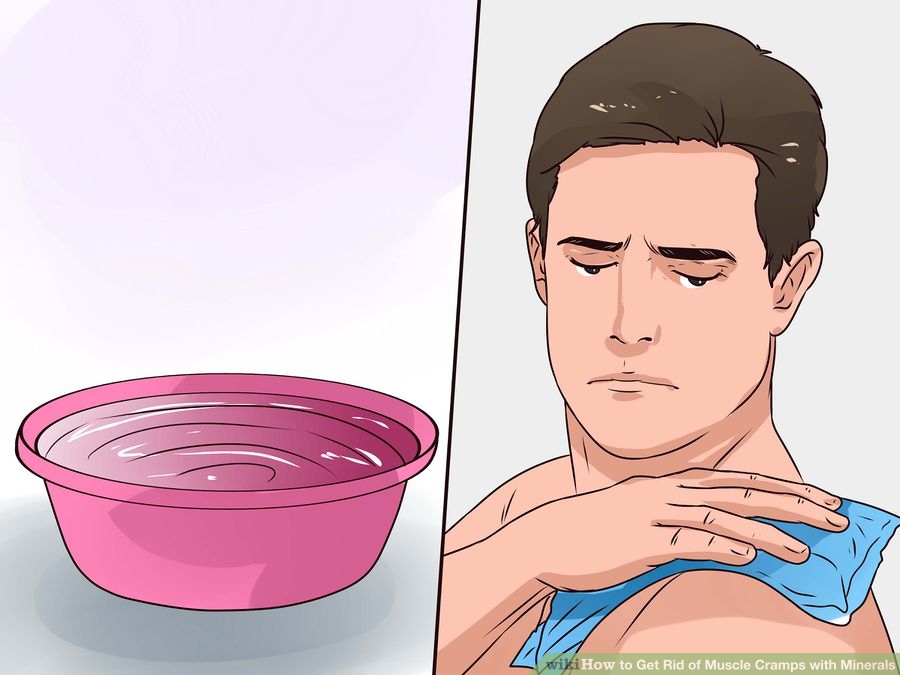
Physical activity.
Scientists have proven that physical activity has a positive effect on mood. During training, drowsiness disappears, bad moments are forgotten, and there is an incentive to improve. Through hard work, you begin to like yourself more outwardly, which directly affects your mood.
Brain training.
Mental training will allow you to completely immerse yourself in an interesting puzzle, whether it's an ordinary crossword puzzle or a more difficult task. Any boredom will instantly disappear, and the pleasure of an interesting task will instantly improve your mood, relieving sadness and melancholy.
Get creative.
Nothing will get rid of sad thoughts like creative work. Have you long wanted to do drawing, singing, needlework? It's time to start. A favorite hobby will not only get rid of sadness in the present, but will also prevent further attempts to succumb to sadness.
Have a holiday.
Think of today as the day to do whatever you want. Pamper yourself with a relaxing bath, cleansing masks, oils, scrubs. Eat a delicious cake, a cake that was previously rejected because of the number of calories. Try to relax, do not deny yourself any desires.
Pamper yourself with a relaxing bath, cleansing masks, oils, scrubs. Eat a delicious cake, a cake that was previously rejected because of the number of calories. Try to relax, do not deny yourself any desires.
Help for relatives.
If the longing does not go away, and there is absolutely nothing to do at home, ask if someone from your family needs help. A pleasant activity will be beneficial, and you can chat with loved ones, have a good time.
Walk
Pleasant weather, a wonderful park, fresh air will put your thoughts in order, help you relax, relieve you of a dreary state. And after walking in the company of friends, you will get a double positive.
And a bonus:
_________________
You might be interested:
- How to meet people? Networking in simple words
- What is network marketing in simple terms
- Network business on the Internet.
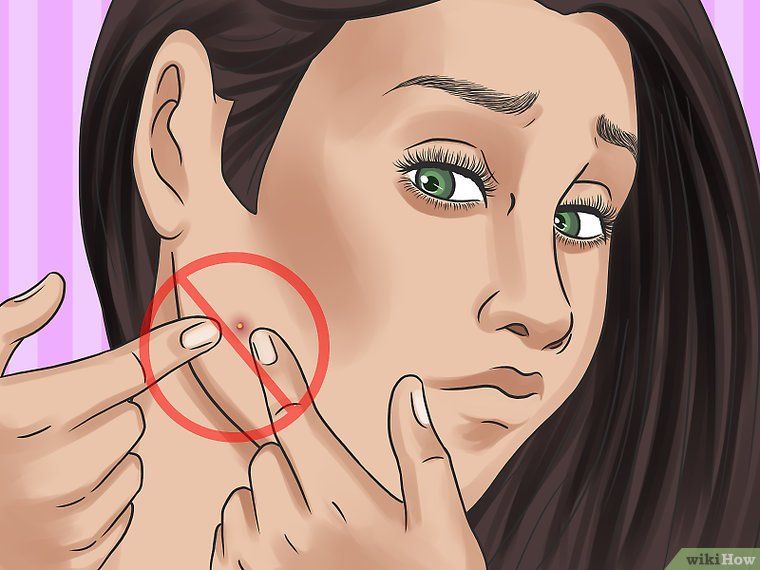 Step by step action plan
Step by step action plan - How not to lose motivation on the way to the goal
- >> Other blog articles
Blog author: Alexey Nesterov (instagram)
How to get rid of sadness and overcome melancholy
A depressed state happens to every person from time to time, and sometimes it is even pleasant. Slight sadness, melancholy mood as a result of temporary loneliness, in this state it is good to drink tea, look out the window and reread the classics - in this way the emotional sphere of a person is cleared. But what to do if sadness is not light, but sadness suppresses and interferes with life?
Before you can figure out how to get rid of sadness, you need to find out what causes it. Perhaps sadness was the result of chronic fatigue and high levels of stress - every resident of the metropolis sooner or later faces such a problem. There is nothing good in this, but at least you can deal with such sadness with your own methods.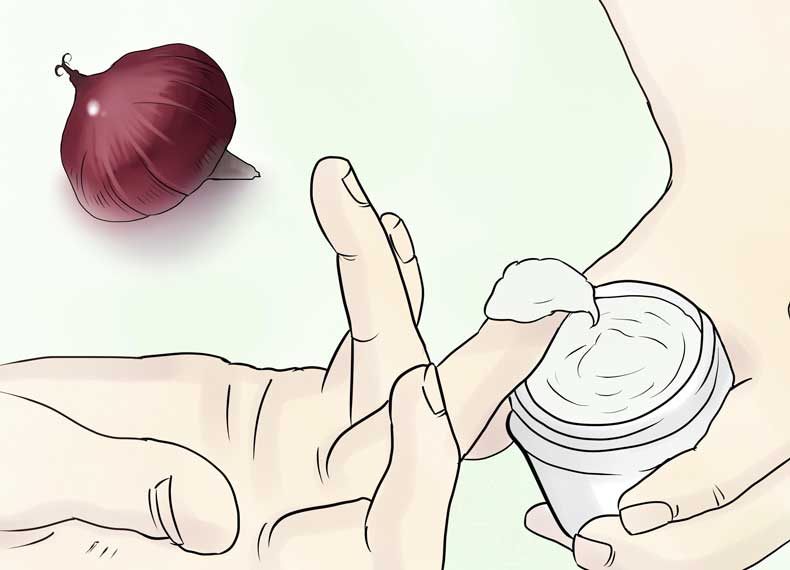
Contents
- 1 What causes sadness
- 2 Ways to deal with sadness
- 3 Physical exercise
- 4 Influence of sun and fresh air
- 5 Food
- 6 Fun
- 7 Music It is enough for a loved one to drop a careless phrase, as his partner is already ready to burst into tears from misunderstanding and inner loneliness. Most often, this occurs due to small problems in the relationship that accumulate and become the causes of lovesickness. Of course, you need to fight this - first of all, you should normalize your own state, and only then analyze it.
Perhaps a loved one really said something hurtful, but it's worth thinking about what he really wanted. In any case, such situations should be resolved together, in a peaceful conversation, when both are in an almost equal state of mind.
Another "subspecies" of sadness is due to one's own failures. Is it not always possible to achieve your goal? After recalculating his achievements, a person may find himself in sadness.
 However, this emotional reaction should not be allowed to completely take over.
However, this emotional reaction should not be allowed to completely take over. There is also an inexplicable longing. It would seem that there is nothing special - no love story that could unbalance, there is no feeling of loneliness or some kind of failure. At first glance, everything goes smoothly, but from time to time a person yearns. This may be due to chemical and hormonal imbalances.
If the scale is not too large, then you can handle your own methods - they will not hurt in any way. And in case of serious disorders or disorders, it is better to consult a doctor to find out how to get rid of longing.
Medical point of view
The results of the study were published in a special periodical Molecular Psychiatry. According to the data obtained by scientists, if a person periodically falls into sadness and sadness from any experiences or loneliness, his release of opioids is significantly reduced, which does not allow the brain to “regulate” mood.
Thus, the tendency to depressive moods significantly reduces the production of opioids, and the person falls into a vicious circle that ends in clinical depression or a nervous breakdown.
 Neuropathologists and David Hsu, who led the study, recommend fighting discouragement until it becomes a reason to see a doctor.
Neuropathologists and David Hsu, who led the study, recommend fighting discouragement until it becomes a reason to see a doctor. Methods of dealing with melancholy
How to overcome melancholy and come to a normal state of mind? First of all, you need to allow the body to function correctly and well. According to experts, many sadness is associated with a low level of endorphins, so it does not hurt to raise this level with the means available to everyone. It doesn’t matter if you are sad from loneliness or from fatigue, these recommendations will help everyone.
What raises the level of endorphins:
- exercise;
- exposure to the sun and fresh air;
- certain foodstuffs;
- laughter and fun;
- music;
- sexual act.
Physical exercise
Regular physical activity steadily increases the level of endorphins, but if a person is a little far from sports and gymnastics, then this method is unlikely to suit him.
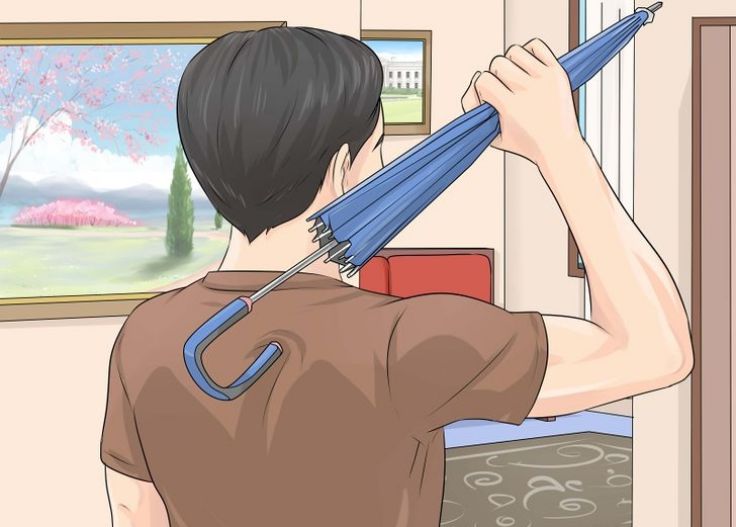 In this case, breathing exercises and a yoga-style warm-up will be much better and more effective. Yoga is essentially a unique practice that focuses on both inner balance and physical activity.
In this case, breathing exercises and a yoga-style warm-up will be much better and more effective. Yoga is essentially a unique practice that focuses on both inner balance and physical activity. Regular breathing exercises will help to saturate the body with oxygen, which will not only make the blood move faster (and speed up the metabolism), but also help better oxidation. You can use any set of breathing exercises - for example, Strelnikova's gymnastics. Breathing exercises can be used daily, it improves health and helps fight negative feelings of any kind and even longing for loneliness.
Physical exercises in the form of articular gymnastics are reminiscent of effective sipping - everyone knows how pleasant it is to warm up and stretch. A few bends and squats, a good stretch and exercises to strengthen the back will relieve fatigue and irritation.
Dancing can also be used as sports exercises - you can include some kind of dance lesson, or you can just fool around a little to good music.
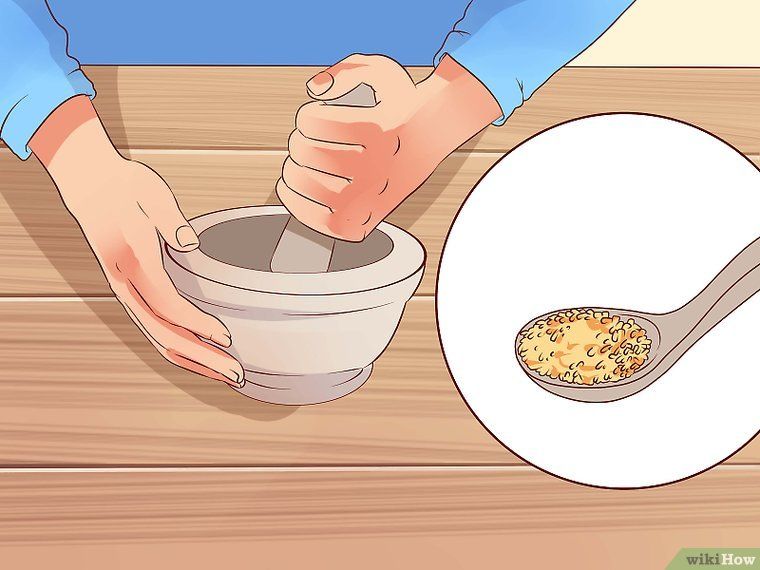
The influence of the sun and fresh air
Sunlight enhances the production of vitamins in the body and hormones, so every sunny day should be an occasion for a walk. In winter, when there is not so much sun, you can go to the solarium - just a few minutes will help the body to cheer up.
Food
Sweets and chocolate increase the production of beta-endorphin, which helps to feel good. Also, spicy foods are also suitable for leveling the mood - for example, chili peppers.
Fun
How to get rid of melancholy? Watch a good comedy, best in the cinema and with a close friend or girlfriend. A light, non-committal pastime will cheer you up and help you distract from sadness, as well as relieve stress.
Music
Musical works do wonders for a person - modern scientific research shows that music can not only improve mood and relieve stress, but also significantly improve health. Psychologists and experts in spiritual practices advise not only listening to your favorite music (and, of course, dancing to it), but also from time to time listening to various mantras and spiritual chants - special verbal formulas sung in chorus to instrumental music help the brain tune in a positive way.

Learn more



